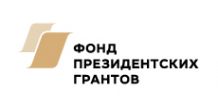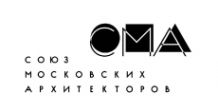Online-discussions within the framework of the Cultural Center-XXI: Culture, Education, Development program
The Cultural Center-XXI: Culture, Education, Development program was initiated by the Identity in the Typical project team in strategic partnership with the Agency for Strategic Development CENTER and the Union of Moscow Architects with the support of the Presidential Grants Fund.
The current state of the Houses and Palaces of Culture in Russia and the prospects for creating on their basis a system of cultural and educational centers with developed sociocultural functions will be the subject of discussion by independent experts and direct participants in the process: leaders of the Palace of Culture and representatives of regional and federal authorities.
The program will build a dialogue and give an opportunity to share experience, ideas and methods to all participants in the process of modernization of the recreation center, as well as to attract maximum public attention to the problem of the revival of cultural centers and the formation of a system of modern cultural and educational centers on their basis.
History of the issue. The history of the House of Culture goes back over 100 years. For the first time in Russia, they appeared in 1890 under the name "people's houses" to fight illiteracy. By 1975, the number of recreation centers in the USSR reached its maximum - 135 thousand. After this moment, the system degrades. By 1991, their number had halved - to 72 thousand Houses and Palaces of Culture, and by 2019 - to 42 thousand. The rest were either reprofiled or demolished due to dilapidation.
The purpose of the program. Involvement in the process of developing a methodology for the complex modernization of the CC and the "road map" for restarting the CC system throughout the country of specialized experts: architects, sociologists, designers, analysts, specialists in the field of creative industries and involvement, who can assess the potential of CC in a general cultural context and propose solutions combining current approaches to the reconstruction of the architectural heritage of the 20th century, methods of sociocultural programming, economic efficiency and building new brands based on local identity.
Format. As part of the program "Cultural Center-XXI: culture, education, development" during 2021, monthly open online events will be held, in which representatives of all institutions involved in the modernization of the CC will take part.
Each event will be devoted to various aspects and problems of the revival of the recreation center system and, first of all, to those approaches and examples of their solution, which can already be used in the development of a universal methodology for the reconstruction of existing and creation of new cultural and educational centers.
Public talk "Valuable resource"
Key discussion points:
- What decisions should be taken at the state and regional levels?
- What is needed for creative industries to come and stay in a recreation center?
- Are there examples of using Soviet recreation centers for creative spaces?
- How can the life of a small town change with the creation of a creative cluster based on the recreation center?
The discussion will be attended by:
- Daria Naugolnova, architect, head the project "Identity in the typical";
- Alexey Boyev, architect, head of the project "Identity in the typical";
- Maria Sedletskaya, Leading Analyst of the Agency for Strategic Development "CENTER";
- Ksenia Karpova, media manager, editor of educational platforms for creative entrepreneurs "Masters", popularizer of local projects;
- Ilya Tokarev, curator of the laboratory "Rurban creative lab", project Director of the Center for Urban Competencies of the Agency for Strategic Initiatives (ASI);
- Ekaterina Sachkova, director of the Creative Industries Agency;
- Alexander Basalygin, curator of the Creative cluster "House of Culture", St. Petersburg.
Moderator: Elena Petukhova, manager of special projects of the SMA, coordinator of the project "Identity in the typical".
Online public talk "Methods of success"
Key discussion points:
- What aspects of the modernization methodology are key?
- What difficulties and how can be solved during the reprogramming process?
- How relevant the methodology for modernizing the recreation center developed in 2012-2015 is?
- What could be changed in her now and why?
- How can you launch a systematic process of modernizing club institutions in Moscow and Russia?
The discussion will be attended by:
- Elena Zelentsova, Head of the Department of Territorial Development. Glazychev RANEPA;
- Elena Melville, Director of the Vorobyovy Gory State Budgetary Educational Institution, Lecturer at the Department of Social and Cultural Projects Management at the Moscow Higher School of Social and Economic Sciences.
Moderator: Elena Petukhova, manager of special projects of the SMA, coordinator of the project "Identity in the typical".
Online discussion "Latent Potential or Why We Believe in the Future of Cultural Centers"
Key discussion points:
- Why is there a potential for development in the system, which began 100 years ago, performed various functions, only a few of which are still relevant to this day?
- What functionality can be introduced into this system and what can give it a chance to qualitatively transform?
- How can you change the system, which currently numbers about 42 thousand club institutions and dozens of different regional and federal departments and offices responsible for its functioning?
The discussion will be attended by:
- Alexey Boev, architect, head of the project "Identity in a typical",
- Daria Naugolnova, architect, head of the project "Identity in a typical",
- Maria Sedletskaya, expert in the field of historical and cultural heritage, leading analyst of the Agency for Strategic Development "CENTER".
Moderator: Elena Petukhova, manager of special projects of the SMA, coordinator of the project "Identity in the typical".
Online discussion "Latent Potential or Why We Believe in the Future of Cultural Centers"
Key discussion points:
- Why is there a potential for development in the system, which began 100 years ago, performed various functions, only a few of which are still relevant to this day?
- What functionality can be introduced into this system and what can give it a chance to qualitatively transform?
- How can you change the system, which currently numbers about 42 thousand club institutions and dozens of different regional and federal departments and offices responsible for its functioning?
Speakers:
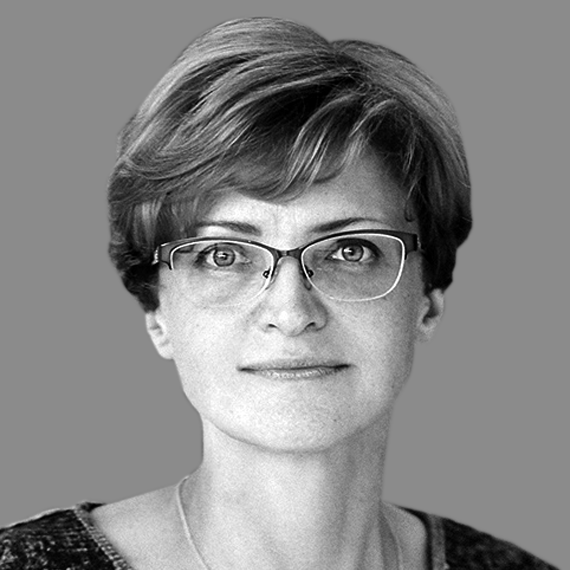 Elena PetukovaManager of special projects of the Union of Moscow Architects, coordinator of the project "Identity in a typical"
Elena PetukovaManager of special projects of the Union of Moscow Architects, coordinator of the project "Identity in a typical"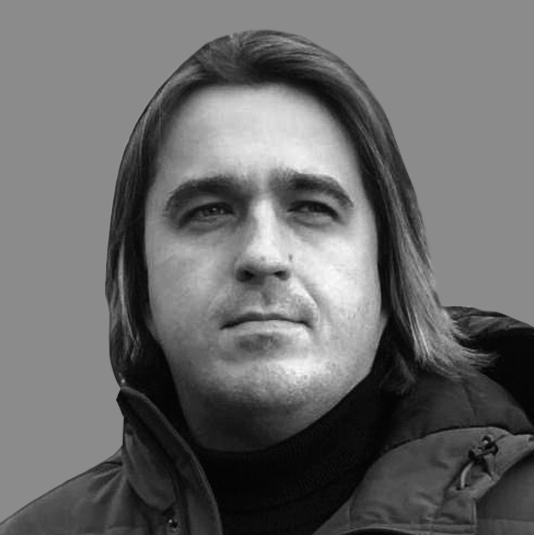 Alexei BoevArchitect, head of the project "Identity in a typical"
Alexei BoevArchitect, head of the project "Identity in a typical"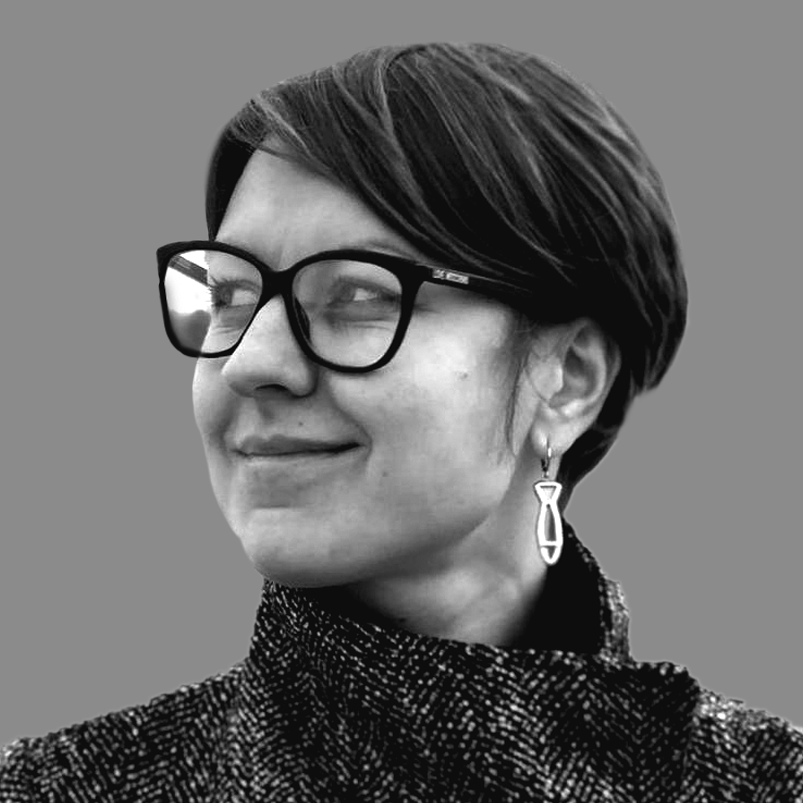 Daria NaugolnovaArchitect, head of the project "Identity in a typical"
Daria NaugolnovaArchitect, head of the project "Identity in a typical"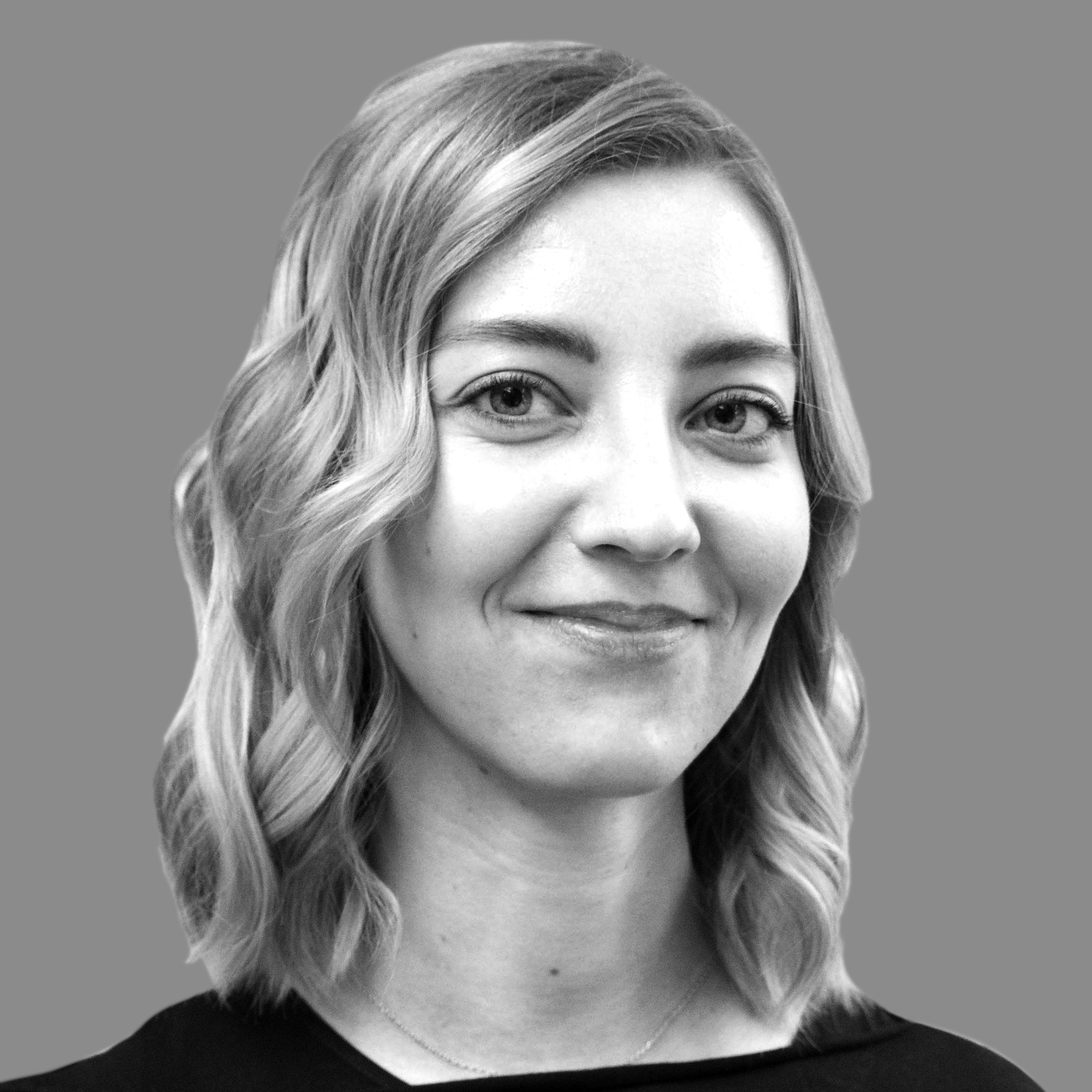 Maria SedletskayaExpert in the sphere in the field of historical and cultural heritage, leading analyst of the Agency CENTER
Maria SedletskayaExpert in the sphere in the field of historical and cultural heritage, leading analyst of the Agency CENTER
Case-session "The future of cultural centers: the “Range of possibilities”
Key points:
Many Russian houses of culture and cultural centers not only survive, but also develop by experimenting and implementing programs that meet the needs of modern society. Each case has its background and way of implementation. Together, they form a very exhibitive and beneficial experience. The palette of transformations demonstrated will become a great stimulus for reassessment of the potential of any existing cultural, social, or educational center, and grounds for a more optimistic view of the entire system of cultural and leisure centers in Russia.
The case session attended by:
- Elena Arbekova, director of the State Institution of Culture of the Tula Region "Association of Cultural Development Centers";
- Elena Bakhtina, director of the Cultural Center. Astakhov in Moscow;
- Vladimir Kondratyev, director of the Tomsk Crossroads House of Culture;
- Antonida Koryakina, director of the House of Friendship of Peoples named after A.E. Kulakovsky in Yakutsk;
- Elena Kushnareva, director of the Klenovo House of Culture in Moscow;
- Svetlana Loshakova, director of the Verkh-Isetsky Center for Culture and Arts in Yekaterinburg;
- Nailya Mustafina, director of the Moskovsky Cultural Center in Kazan;
- Tatiana Sannikova, director of the Perm House of Folk Art "Gubernia".
Moderator:
Elena Petukhova, manager of special projects of the Union of Moscow Architects, coordinator of the project "Identity in the typical".

